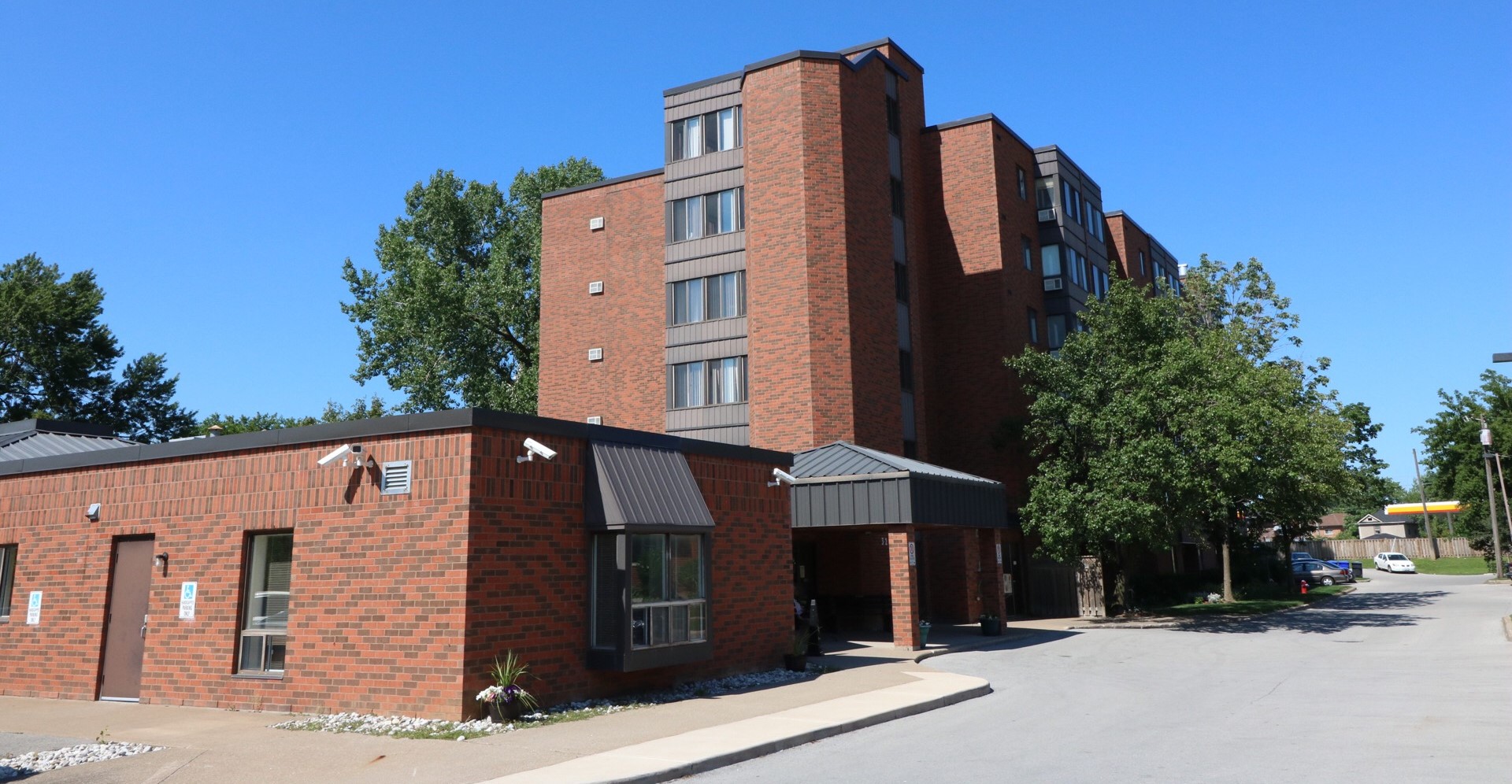In a previous blog, we discussed our successful experience in bringing forward a property tax exemption application for an affordable housing complex for low income seniors.
We are pleased to report that we have recently obtained a property tax exemption for another affordable housing complex for low income seniors in Kings Cross Seniors Communities v Municipal Property Assessment Corporation and The Corporation of the City of St. Catharines (“Kings Cross”).
In Kings Cross, the Applicant owned and operated two apartment complexes known as Tabitha Homes and Sunset Homes. Both complexes contained affordable housing units for low income seniors.
The Applicant requested declarations that both properties were exempt pursuant to section 3.(1)12(iii) of the Assessment Act, on the basis that it is a charitable, non-profit philanthropic corporation organized for the relief of the poor and supported in part by public funds.
The Applicant presented detailed evidence that it owns, uses and occupies both properties for the purpose of providing affordable housing to poor seniors.
After the Respondents Municipal Property Assessment Corporation (“MPAC”) and The Corporation of the City of St. Catharines reviewed this evidence, NextGenLaw LLP obtained a consent judgment that the properties are exempt from municipal taxation for 2019 and subsequent taxation years.
The significance of affordable housing complexes cannot be overstated. In its August 14, 2019 report entitled “Fixing the Housing Affordability Crisis”, the Association of Municipalities Ontario (“AMO”) makes recommendations on addressing the affordable housing crisis on behalf of almost all of Ontario’s 444 municipal governments. In a message from its president at page 3 of its report, AMO states “The lack of suitable affordable housing in Ontario is a significant problem that all orders of government must work together to address in partnership with the private, non-profit, and co-operative housing sectors.” Organizations like Kings Cross can use funds that would otherwise go to pay property taxes to continue addressing the affordable housing crisis facing many communities across Ontario.
Deadlines for Applications!
The timing of exemption applications is very important. Subsection 46(7) of the Assessment Act generally prohibits a court from altering taxes for a taxation year before the year in which the application was made. So, an applicant must commence an application in the Superior Court of Justice on or before December 31 of a given year in order to claim an exemption for that year. For example, in order to apply for an exemption for the 2020 and subsequent taxation years, an application needs to be commenced on or before December 31, 2020.
There is an exception to this otherwise strict deadline. Subsection 46(8) allows for an application for exemption to be made in the year following an omitted or supplementary assessment. If an omitted or supplementary assessment is issued in 2020, an application for exemption can be made for 2020 and subsequent taxation years on or before December 31, 2021.
There may be cases in which MPAC denies a request for exemption. However, organizations may benefit from a complete review of their property tax liability by independent legal counsel. Exemptions may be possible and even in those cases where exemptions are not likely, there may nevertheless be ways to reduce property taxes.
Contact NextGenLaw LLP to see if there could be tax savings on your property.
.png)

